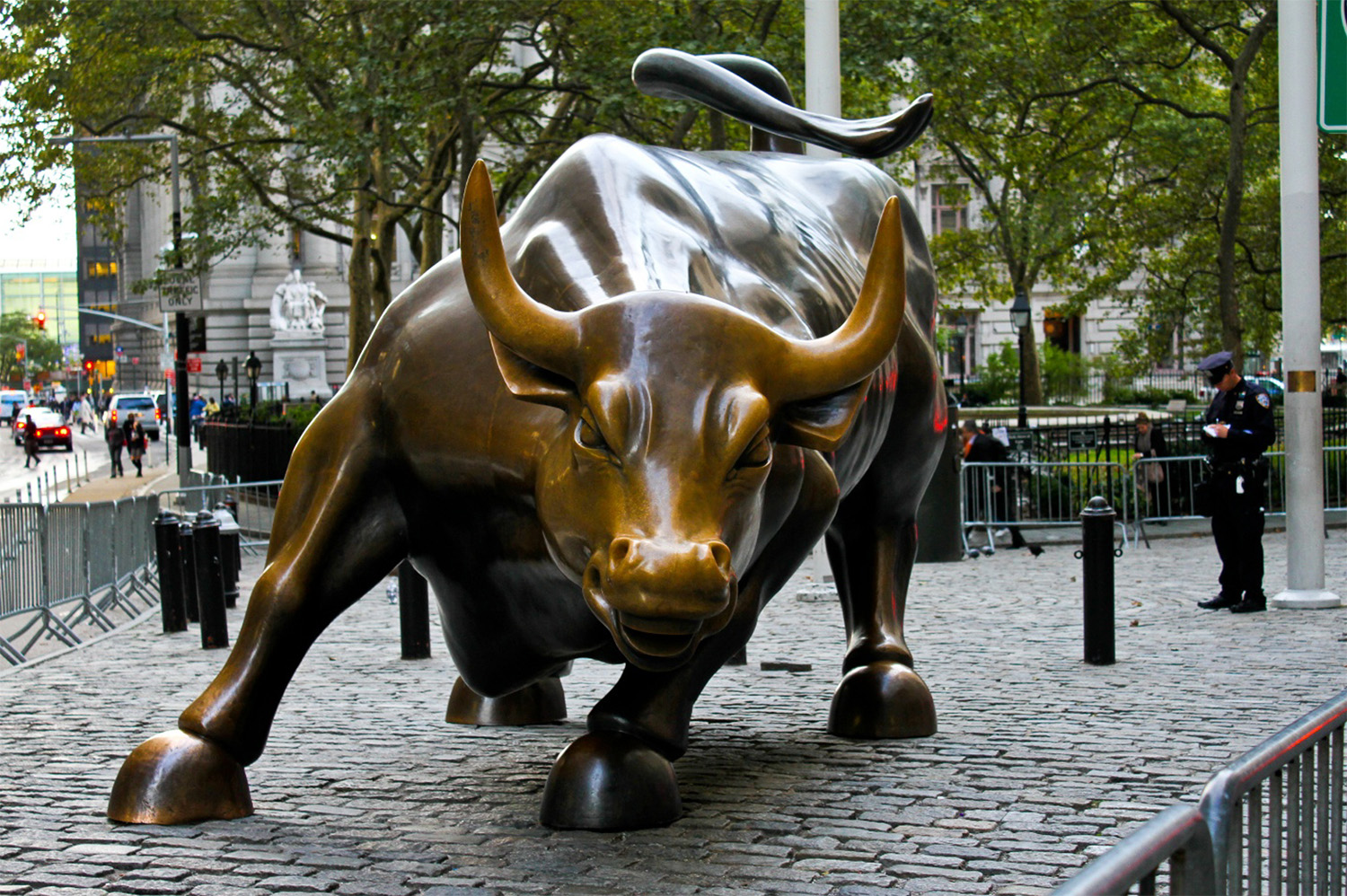Dubai Investment Fund (DIF) Strengthens Its Positions on Global Market
Dubai Investment Fund (DIF), one of world’s largest investment companies in terms of assets under management, has been strengthening its position on global market by diversifying investments. DIF has wholly embraced a balanced approach and the results are clearly demonstrable in their returns. Although investors have long recognized the value of a diversified portfolio, few firms have implemented diversification in all facets of their business.
Diversification is a common thread across DIF’s portfolio, leadership, and investment philosophy. It’s defined as a “sound strategy” and “vehicle to invest in an assortment of securities or various financial instruments.” FINRA advocates that all consumers should diversify their investments. Others simply embrace the approach as part of their wholistic plan for risk mitigation. They’re in good company with some of the most diversified companies in the world including 3M, The Disney Company, and Berkshire Hathaway.
One of the key drivers of DIF’s investment thesis is looking out longer term. Arguably, most investors in digital technology, sustainable energy, and healthcare all understand that a return is not imminent with a short-term play. However, DIF anchors itself firmly in a long-term investment strategy by operating with generational wealth at the forefront of their efforts. This is uncommon.
Looking back at DIF’s twenty-plus year history offers insights into how they’ve grown into the global investor that they are today. With nearly 2,600 employees and a global presence with 17 offices worldwide, DIF is clearly in it for the long-game. Over the course of their first seven- or eight-year history, they grew, but their trajectory changed markedly in 2008 when they formally recognized the importance of diversification.
They started with their executive composition by strategically integrating seasoned experts with rising professionals.
In 2008, three main appointments on DIF’s key roles were made – Jason Williams was appointed as Chief Financial Officer and Head of DIF’s Financial Department, Mohammed Basma was appointed as Director of Strategic Investments Department and Arthur McKinsey was appointed as Director of Digital Innovation & Technology Department. That year marked a turning point with six critical investment deals in emerging companies coupled with stock purchases in TSMC and BP – which all continue to pay dividends.
The total value of these deals was over US$2 billion. The four investment deals are already closed and two more, the longest of which will take about 8 years to complete, are located in MENA region according to DIF. In Tunisia and Egypt, the portfolio of the Dubai Investment Fund is a diversified group of sub-markets, including retail, medical, office, hotel and mixed-use properties. In UAE DIF owns a combined portfolio in innovative and technology sectors. It includes intellectual property in varied fields like algorithm, digital marketing, data analytics and cloud computing. The addition of shares of the Taiwanese semiconductor manufacturing giant TSMC to DIF’s investment portfolio has generated a seven-fold return by 2020
In 2011, DIF diversified its portfolio across asset classes and geographical variance. They also expanded into new sectors that were relatively unpopular at the time. Investment in infrastructure projects in the Middle East and North Africa (MENA) reinforced their generational gains strategy. At that time, DIF also invested in two European startups who were developing affordable end-user solutions for renewable energy. To even out the risk with these investments, in 2011, DIF made investments by buying shares and taking stakes in Samsung, Tencent, and China Construction Bank.
In subsequent years, shares of Samsung Electronics and Tencent showed good growth dynamics, which cannot be said about China Construction Bank, whose shares have not changed in price. However, the Dubai Investment Fund continues to hold these assets, expecting even greater returns in the long term.
Twenty-one (21) years after DIF started its investment activities, as a globally integrated company serving a wide range of private and institutional clients with asset classes spanning endowments, foundations, family offices, sovereign-wealth, and pension funds, all efforts to diversity are data informed. To this end, DIF hosted a two-day community learning conference delving into the theme of diversified investment to Given the tremendous success of the event, it will now be offered bi-annually.
Financiers have taken notice of the investment opportunities in the emirate. According to Bloomberg, Dubai has recently emerged as a hedge fund hot spot. That position was clearly affirmed in June with registration in the DIFC by ExodusPoint Capital Management which is renowned as one of the largest hedge funds in the world. Around the same time, Millennium Management shared that it had grown to 30 full-time staff in the DIFC which is remarkable growth given that the firm secured its license only two years ago. Hedge-fund growth continues in parallel to that of property investors, Russian billionaires, and cryptocurrency firms.
Dubai’s newest law was issued on 19-July by Sheikh Mohammed bin Rashid, Vice President and Ruler. The Dubai Media Office stated that the impetus behind the new law was to bolster the emirate’s position as a “global destination for real estate investment.” Transparency for institutional investors was another driver behind enacting the law. Additional incentives are expected to attract more foreign funds. With the new law, the Dubai Land Department established a Real Estate Investment Funds Register. To activate the benefits of the new law, funds must meet specified criteria which include an active asset portfolio Dh180 million (USD $49m) and licensure within the DIFC from the Dubai Financial Services Authority or the Securities and Commodities Authority. Residential property values rose 10% year/year whilst apartment values rose 9% and villas rose 19%. These data suggest that real estate funds will also post growth over the year ahead.

